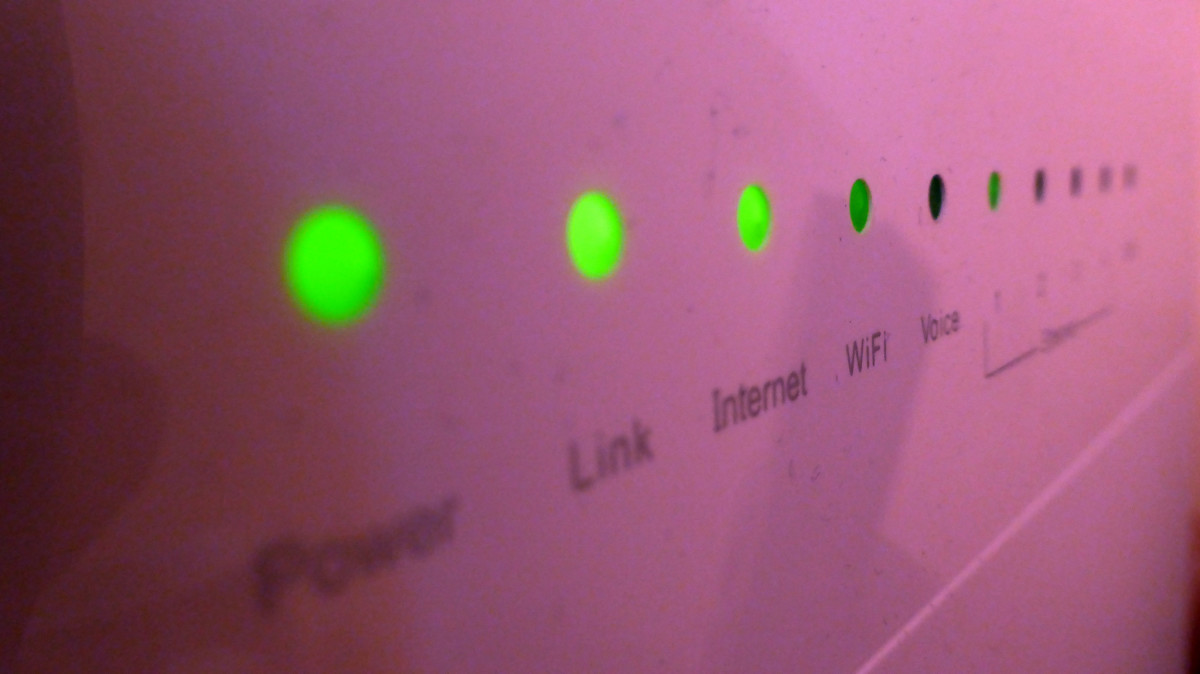Newark, Del., is the latest municipality to join a civic conversation gaining traction on a national level: Should local governments offer their constituents broadband as a public utility?
Newark City Council began pondering the possibilities when a number of citizens introduced the concept at City Council meetings. City spokesman Ricky Nietubicz told the News Journal last week that Council wants to gauge community support before $10,000 is allocated to studying exactly how feasible the implementation of municipal broadband would be.
Municipal broadband is a trendy concept. There has been a push for it from local communities across the country, but the answer to whether or not the idea will work for any city is not always “yes.” It’s just not that simple.
Competition in the broadband market will mean lower prices for Newark residents. But if Newark does decide to adopt a municipal broadband program, will it be able to offer adequate service?
“I don’t think we should oversell the idea of municipal broadband,” said FCC commissioner Jessica Rosenworcel at an event in Philadelphia this past spring. And while it’s worked recently for smaller municipalities (not so different from Newark) like Chattanooga, Tenn., Wilson, N.C., and Cedar Falls, Iowa, Rosenworcel said municipal broadband is not for everyone.
“In some places it might be a municipal solution. In other places it might be a public-private partnership,” she said. Delaware is already seeing a public-private partnership happening in Sussex County, where the state awarded a $1 million grant to fiber-optic provider Fibertech Networks to build out nearly 40 miles of infrastructure throughout the county.
They aren’t alone. Provider Broad Valley has partnered with Sussex County to build a fiber ring around Georgetown, with the (newly rebranded) Delaware Coastal Airport acting as the hub.
Competition in the broadband market will mean lower prices for Newark residents. But if Newark does decide to adopt a municipal broadband program, will it be able to offer adequate service? More importantly, will it be able to offer internet speeds that can compete with local ISPs
Despite recent FCC votes that make it easier for cities to pursue broadband initiatives, Newark might be wise to consider potential pressures from Verizon, which claims to have invested $53 million for 3,100 miles of fiber-optic infrastructure throughout the state. After all, Verizon played a large political role in the gradual failure of Wireless Philadelphia, the city’s pioneering mid-2000s municipal broadband initiative.
“It’s very difficult for local policy members to turn down private investment,” Joshua Breitbart, now a broadband advisor to New York Mayor Bill de Blasio, told sister-site Technical.ly Philly this past spring. His advice to municipalities considering adopting municipal broadband programs?
Get as much involvement from the community as you possibly can.
“If cities are to create successful systems, they need to solicit input from diverse constituencies and assess local assets in order to come up with a viable business model that best furthers community goals,” writes Breitbart in his 2007 Wireless Philadelphia case study, The Philadelphia Story.
Join our growing Slack community
Join 5,000 tech professionals and entrepreneurs in our community Slack today!
Donate to the Journalism Fund
Your support powers our independent journalism. Unlike most business-media outlets, we don’t have a paywall. Instead, we count on your personal and organizational contributions.




